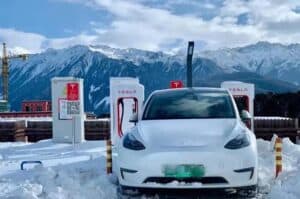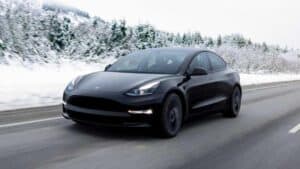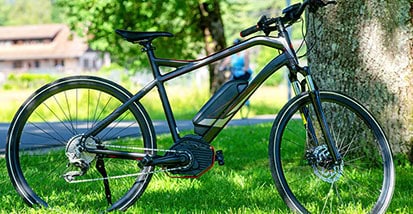- Curved Lithium Polymer battery
- Fast Charge Polymer Battery
- Flexible Polymer Lithium Battery
- Ultra-thin Polymer Battery
/ Blog /
Winter's Impact on Lithium Iron Phosphate (LFP) Battery Performance in Electric Vehicles: Insights from Car Owners
22 Nov, 2023
By hoppt

As lithium iron phosphate (LFP) batteries gain popularity in electric vehicles (EVs) due to their cost-effectiveness and safety, recent surveys, particularly in the U.S. and Chinese markets, reveal significant winter-related range reduction in Tesla Model 3 cars equipped with these batteries.

In January 2023, a U.S. consumer reported a 2.2% decrease in maximum range over ten months, dropping from 437 to 428 kilometers. Another customer, who purchased the Model 3 LFP in November 2021, experienced a 4.8% range reduction after driving 136,765 kilometers over two years, despite daily charges to 100% and minimizing battery damage by avoiding prolonged full-charge states.
German owners noted around a 100-kilometer reduction in range at temperatures between -5 and 5°C. However, the most notable impacts were reported in Canada's harsh winters, with temperatures dropping to -30 to -40°C. One Canadian owner mentioned a range decrease from the advertised 440 kilometers to just 250 kilometers. Another faced a drastic range reduction from over 400 kilometers in summer to only 160 kilometers at -35°C, effectively using only 40% of the total range.
Additionally, charging issues arose in extreme cold. At -40°C, neither home slow chargers nor superchargers worked effectively, with charging only possible around 25°C and at slow speeds. Despite preheating the battery for 20 minutes, some users still faced charging difficulties.

The issue isn't limited to Tesla; other EVs with LFP batteries reportedly experience similar problems. In extremely low temperatures, Tesla's window motors also freeze, hindering operation.



